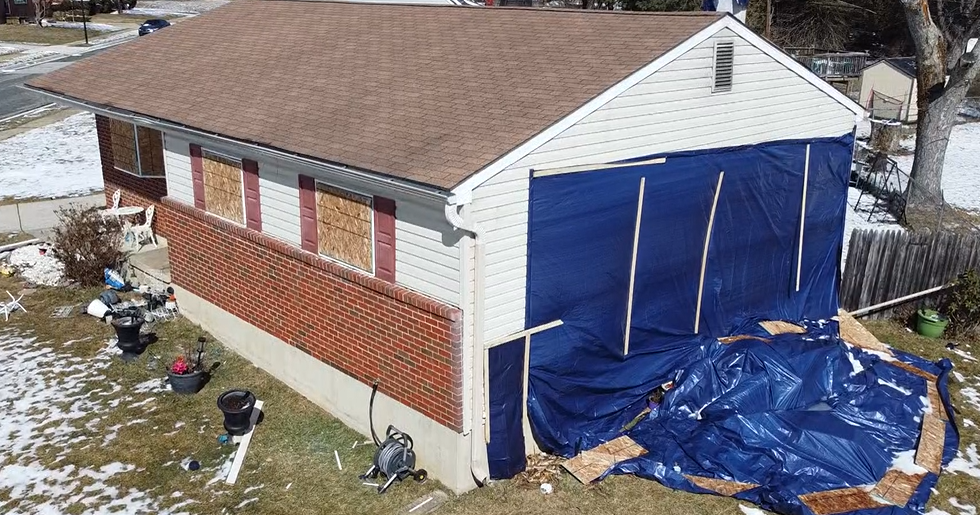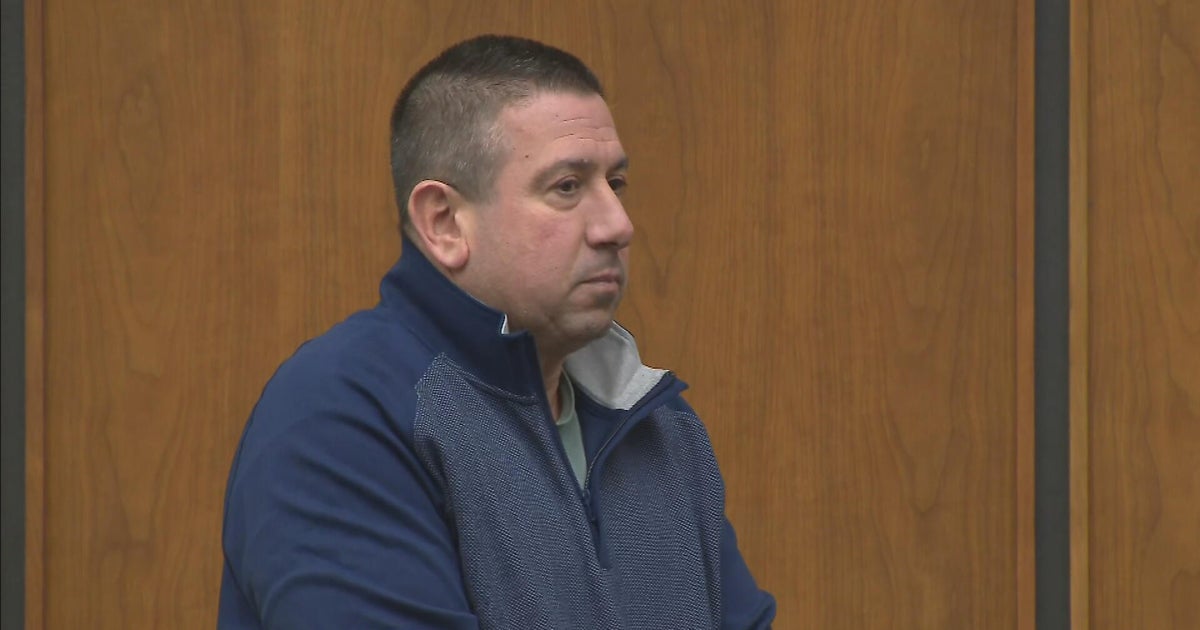Honduran Couple's Homestead Exemption Upheld By Supreme Court
KEY BISCAYNE (CBSMiami) — In a case that may affect thousands of families, the Florida Supreme Court ruled Thursday that a Honduran couple living in Key Biscayne with their children are entitled to a homestead exemption.
The Court's reasoning: there is no question the couple's kids live in the home permanently.
By a unanimous vote, the state's highest court rejected arguments from attorneys representing former Miami-Dade County Property Appraiser Pedro Garcia, who denied a homestead exemption to David Andonie and his wife in 2006.
The appraiser said that the couple didn't adequately show that they actually live in the Key Biscayne condo full time as a permanent residence. But the court, overruling the appraiser, said that's not necessary – the constitution also allows homeowners in Florida to claim a homestead exemption if another person "legally or naturally dependent" on the owner lives there permanently.
That's the case for the Andonies, whose children were all born in the United States, and appear to have never been residents of Honduras or anywhere else, the court said.
The court also said that the state statute governing the homestead exemption has an invalid phrase in it because it limits the homestead exemption to anyone who "resides thereon," referring to the property. However, similar language was removed from the constitution in 1968 – invalidating the requirement that the homeowner actually reside there, as long as they have a dependent who does.
The couple has been lawfully living in the United States under E-2 visas, which are granted to foreign nationals who make significant investments in the U.S. In 2006, there were more than 26,000 such visas issued in Florida.
The couple applied for a Florida homestead exemption, which allows property owners to receive a break on the assessed value of homes if the dwelling is considered a permanent residence.
The couple filed the application in the names of their three minor children, ages 14, 12 and seven at the time.
Garcia denied the application, saying in part that the Andonies' affidavits of homeownership were "self-serving" and failed to back up their request. The court, however, said Garcia made no attempt to refute the couple's contention.
"It is telling that the Property Appraiser, although raising a number of arguments in various forums over the past six years…has failed to aver or prove to any extent that the Taxpayers' children are not living on the property with the legal right to do so permanently in accordance with their parents' intent," Justice Jorge Labarga wrote for the court.
The case may have broader implications. Miami is a financial hub for Central and South American businesses. As such, it becomes home to thousands of investors, company representatives and foreign regulatory officials who purchase homes and condominiums. Their children attend Florida schools, both public and private – and sometimes their children have claim to U.S. citizenship because they're born here.
In its ruling, the court stressed that each case must be decided on its own merit and it's up to the property owner to provide such proof.
"We emphasize that the result we reach in this case is dependent on the fact that it was demonstrated that the property is being used as the permanent residence of the owners' dependent, minor children, and the evidence establishes that…, " the court wrote.
The News Service of Florida contributed to this report.







